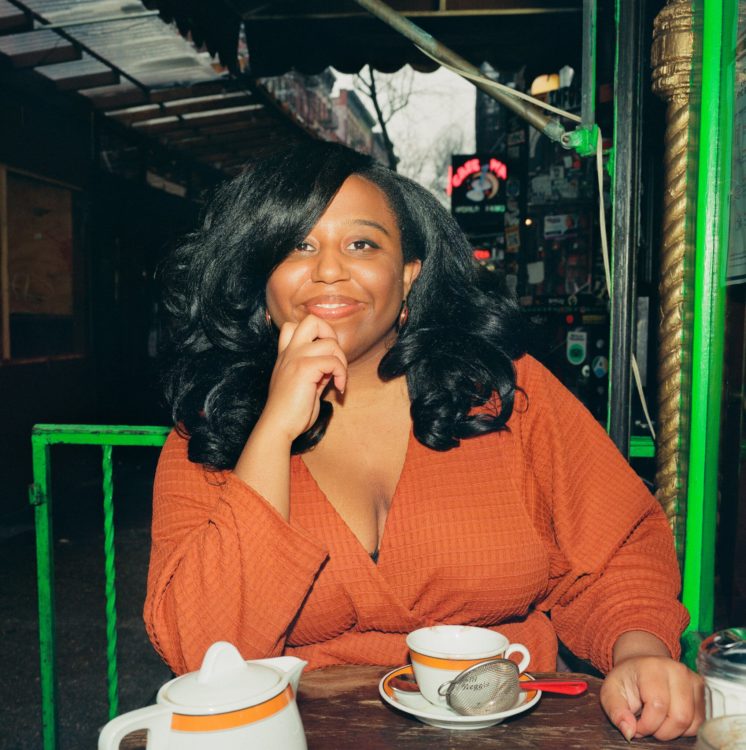Six Highlights From the Black Film Archive
Share
Explore Our Galleries
Breaking News!
Today's news and culture by Black and other reporters in the Black and mainstream media.
Ways to Support ABHM?
By Laura Zornosa, The New York Times
Maya Cade, who founded the archive in August 2021, discusses a film she loves from each decade from the 1920s through the 1970s.

Next week, the Black Film Archive — a living register of Black cinema — will officially turn six months old. Its roots, though, stretch back much farther, to the time its founder, Maya Cade, was studying journalism at Howard University.
The archive, which now contains around 200 pieces, currently showcases works made from 1915 to 1979 that are available to stream online. And Cade, an audience development strategist at the Criterion Collection, has received simultaneous distinctions from both the New York Film Critics Circle and the National Society of Film Critics for her work on the project. We asked Cade to select a favorite film from various decades of the archive, which she framed as “looking at Black fame across time.” These are edited excerpts from the conversation.
‘Hallelujah’ (1929)
I think the film (Hallelujah) is essential because of the showcase of Black performers’ wide-ranging skills, and specifically allowed Nina Mae McKinney to establish a prototype of what Black women could be onscreen.
‘The Green Pastures’ (1936)
…though the film (The Green Pastures) is tinged with stereotypes, I think the film is listed here, again, because it’s a showcase of the talents of the standout, all-Black cast.
‘Commandment Keeper Church, Beaufort South Carolina, May 1940’ (1940)
…I think that this short (Commandment Keeper Church, Beaufort South Carolina, May 1940) is a showcase of her (Zora Heale Hurston) most celebrated skill, which we all know her for, which is daring to see the fullness of Black life without translation.
‘The World, the Flesh and the Devil’ (1959)
If you think about what I am calling an integrationist picture, where you really have this stock image of what Black men could do in films, this has a different kind of plotline, which I am deeply, deeply intrigued by.
‘A Man Called Adam’ (1966)
…I think the film (A Man Called Adam) is very special to me because of the way it showcases struggling with the necessity of working while trying to formulate your own ideological freedom.
‘Claudine’ (1974)
This film (Claudine) represents really the fullness of the archive: It has joy, it has pain, it has love, it has loss, heartache, it has the hardships Black people face.
Read the full article here.
Learn more about black struggles during the early 20th century here or the late 20th century here.
More Breaking News here.









Comments Are Welcome
Note: We moderate submissions in order to create a space for meaningful dialogue, a space where museum visitors – adults and youth –– can exchange informed, thoughtful, and relevant comments that add value to our exhibits.
Racial slurs, personal attacks, obscenity, profanity, and SHOUTING do not meet the above standard. Such comments are posted in the exhibit Hateful Speech. Commercial promotions, impersonations, and incoherent comments likewise fail to meet our goals, so will not be posted. Submissions longer than 120 words will be shortened.
See our full Comments Policy here.